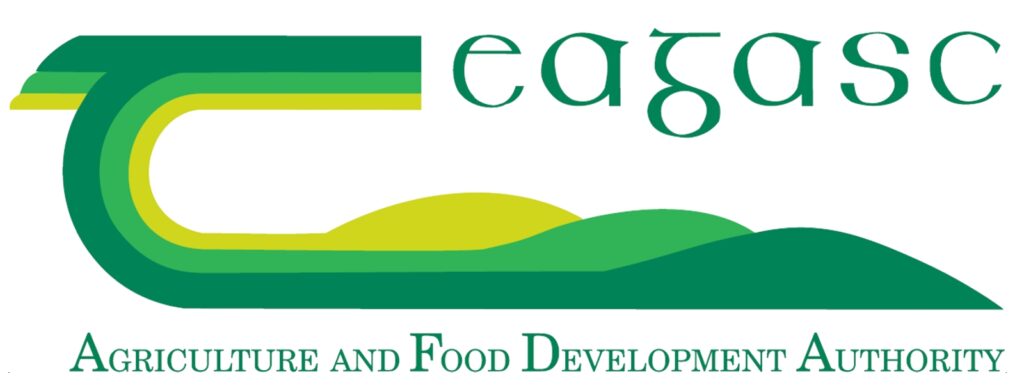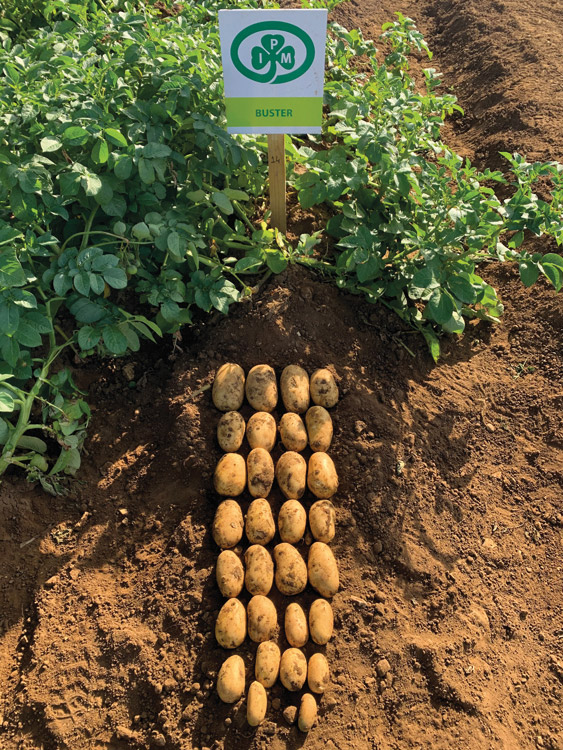Across Europe, over 50 per cent of potato land area is infested with the potato cyst nematode (PCN) species, Globodera rostochiensis and Globodera pallida, which dramatically reduce yield and prevent use of the produce for seed. PCN control has become even more difficult since many nematicide products have been withdrawn from the market, creating great demand for resistant varieties.
The Teagasc/IPM Potato Group breeding programme – a collaboration spanning over 60 years – has responded to this demand by developing the variety, ‘Buster’, using an approach called marker assisted selection (MAS), which enables the efficient selection for genes conferring resistance to PCN over multiple rapid cycles of breeding. While a single resistance gene confers resistance to G. rostochiensis, multiple partially effective genes are required to control G. pallida.
Buster represents a significant technological achievement. The breeding team, led by Dr Dan Milbourne and Dr Denis Griffin in Teagasc Oakpark in Carlow, used MAS to stack six individual resistance genes in the variety, conferring almost complete resistance to both PCN species.
Since its release in 2019, Buster has undergone multiple independent trials of its resistance efficacy. These trials show that Buster exhibits the most stable and effective resistance of any variety available by reducing the presence of PCN in the soil to near undetectable levels.
While Buster’s resistance is exceptional, it also delivers excellent yield with low nitrogen input and great flavour. Although in the early stages of commercialisation, Buster is in extremely strong demand from IPM Potato Group customers. Varieties such as Buster represent the next step in sustainable agriculture and reduced pesticide and fertiliser use. ✽





